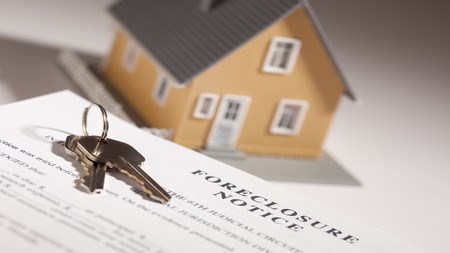The interest rate is currently at its lowest level in years. The recent drop in interest rates implies that most homeowners are paying less interest on their mortgage. Sellers might also increase their asking price as they argue that potential homeowners are in a position to get a bigger loan from the bank.
While some argue that there is still some room for a drop in interest rates, it is a safe bet to assume that if we are not near the bottom of the interest rate cycle, we are very close. For potential home owners that means that their monthly installment will currently be close to its lowest level and the installment should not be their sole consideration when deciding if they will be able to afford the monthly payments in years to come, when interest rates are bound to rise again. The last thing a new homeowner wants to think about are repossessed homes, but unfortunately the current economic climate and high debt to disposable income ratio of South Africans, make this a sad reality.
Do your calculations
Will you still be able to comfortably afford your monthly installment if interest rates rise by 1, 2 or even 3 percentage points? While a variable interest rate (one that fluctuates with the repo rate that is determined by the Reserve Bank and therefore the prime rate that is determined by your bank) is commonly used, you could also consider a fixed interest rate – this means that even if interest rates do increase, for a fixed amount of time your payment won’t. However, this option will also translate to higher costs on short term and it might take some time to really see the monetary benefits. A house is probably the most expensive asset you will ever buy – take the time to make an informed decision. If you are not financially savvy, ask a financial advisor to help you do the calculations.
It is important to determine how much money you really have available each month to pay towards home installments. While it is wise to draw up a budget with your monthly expenses, it can be an even better exercise to write down how much money you actually spend for a few months. But what if the recession has already gotten the better of you and you can’t afford your monthly payments any more? Is there any way of ensuring that you don’t become part of the statistics of bank repossessed homes? While the bank will usually not sell your house after you skip one installment, keeping quiet about your financial worries will not solve your problems. Call your bank and explain your situation – there are several alternatives available.
The bank might agree to a payment holiday or renegotiate your payment terms. Remember, it is also in the bank’s interest for you to keep your house – repossessed homes usually translate to less money for the bank. Be realistic about your situation. If your financial situation won’t improve in the coming years, it could be wise to sell your house, pay your mortgage and rent a cheaper house. Hiding from your bank manager will not solve your problem and if your house is repossessed your credit record will suffer, which means you will not be able to obtain credit again soon.
Get some sound advice – most property websites have a payment calculator that can assist you with calculations. However, the best way of avoiding house repossessions is to make sure you only buy items you can really afford.
If you’re looking to sell your home, you can advertise your property to millions of interested buyers by by listing with Private Property now!



